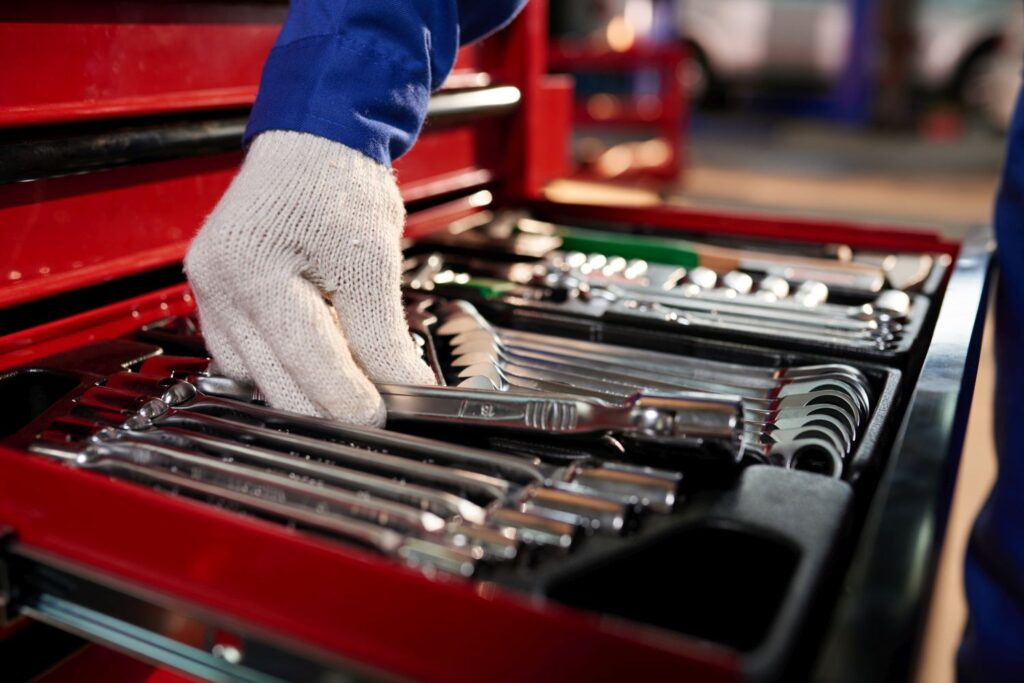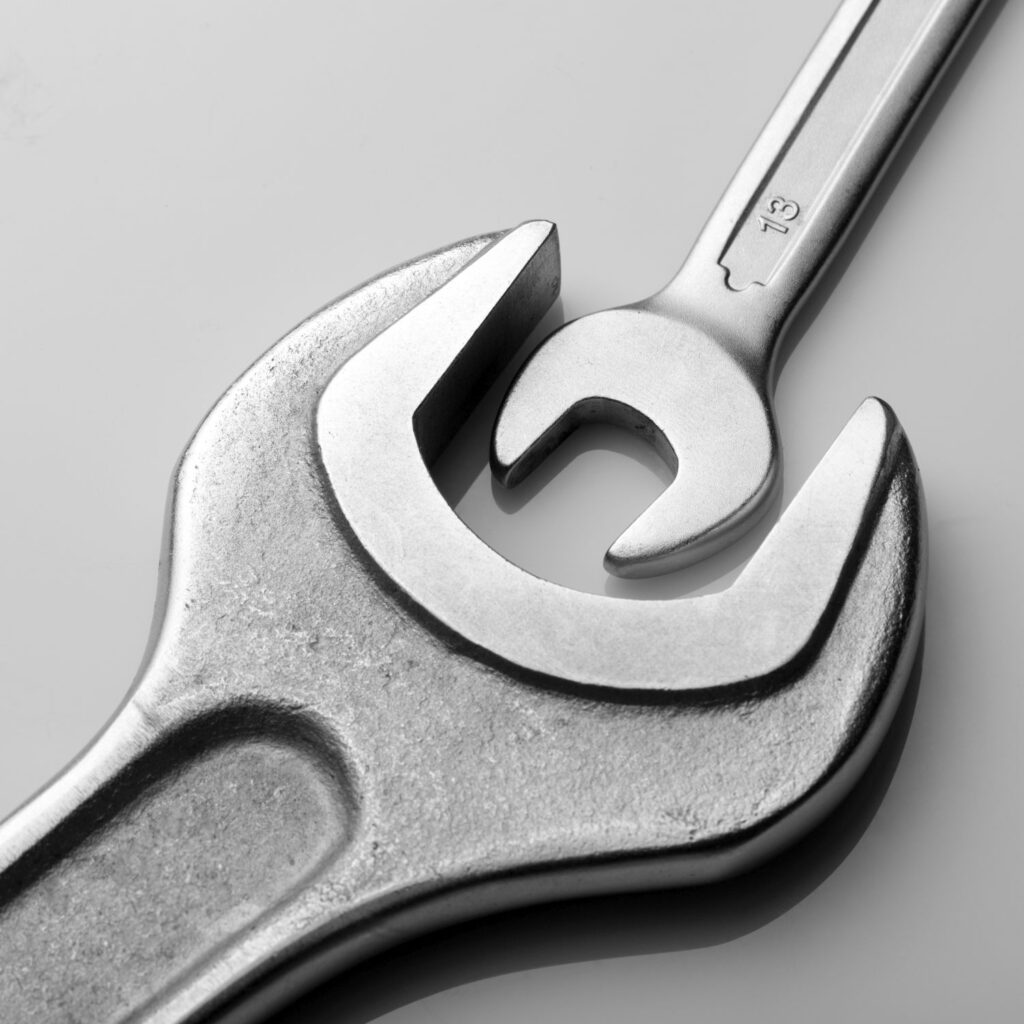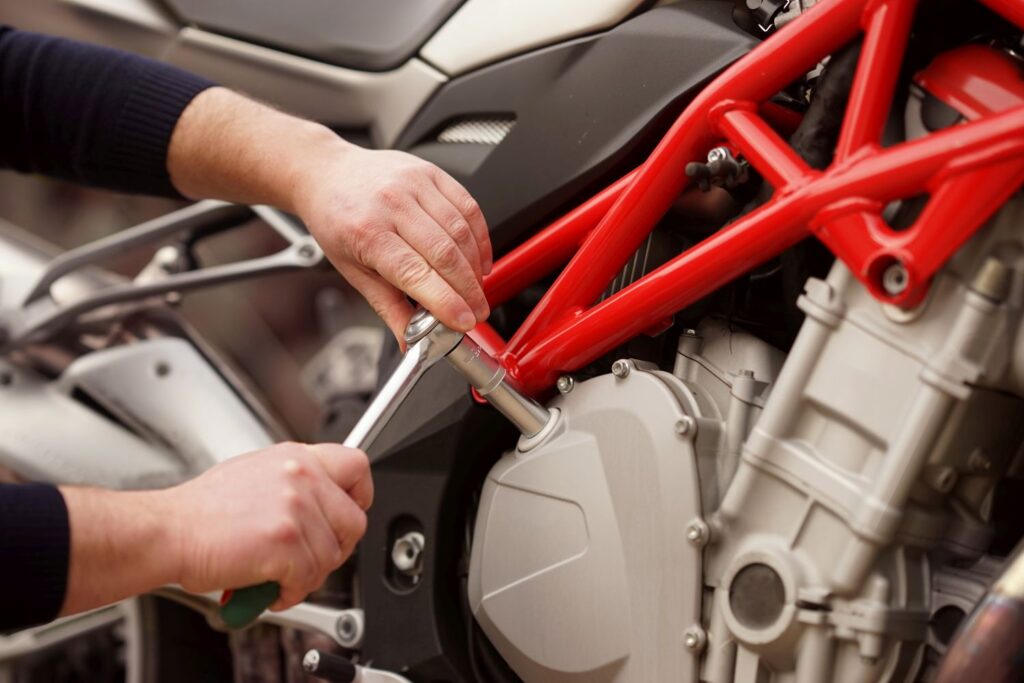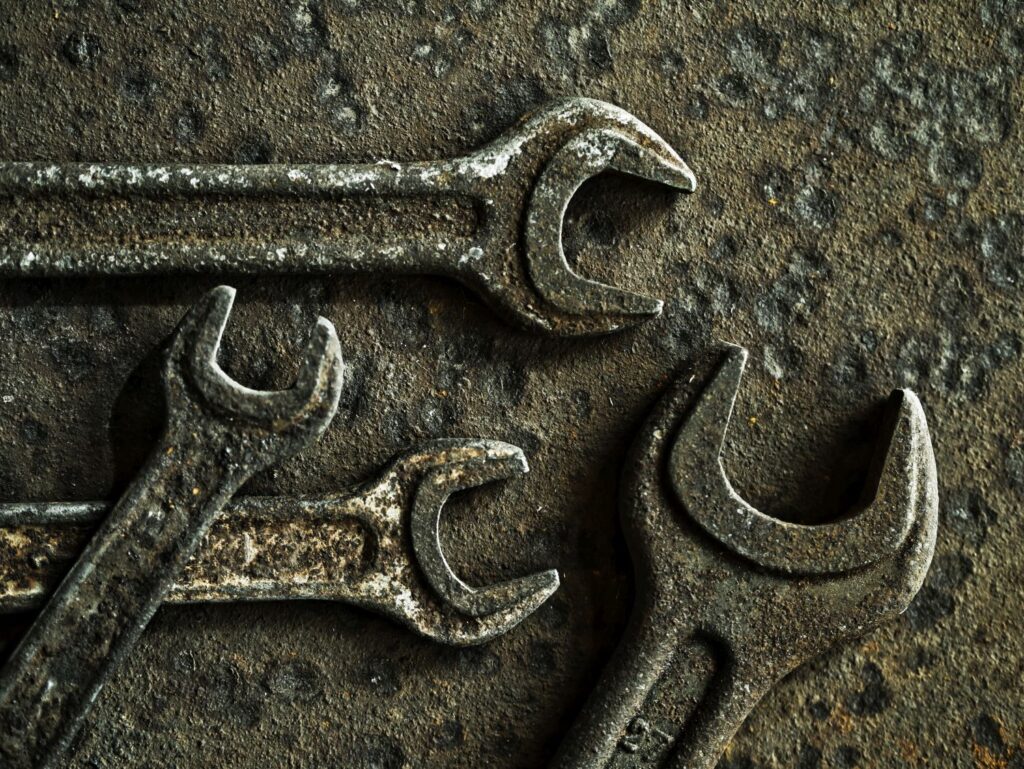Choosing the Right Material for Wrenches: Steel, Chrome-Vanadium, and More

Selecting the right wrench is not only about the size and type; it also involves choosing the appropriate material. Different materials offer varying characteristics, affecting the wrench’s strength, durability, corrosion resistance, and even price. In this article, we will explore some common materials used in wrench manufacturing, such as steel, chrome-vanadium (Cr-V), and alloy steel. By understanding the properties of these materials, you can make informed decisions when purchasing wrenches for your toolbox.
Steel Wrenches: Steel is one of the most common materials used in wrench manufacturing. It is known for its strength, durability, and affordability. Steel wrenches provide excellent performance and can withstand heavy use in various applications. Carbon steel and tool steel are commonly used variants, each offering specific advantages. Carbon steel wrenches are strong and provide good resistance to wear, while tool steel wrenches offer exceptional hardness and edge retention. However, steel wrenches may be more susceptible to corrosion if not properly cared for.
Chrome-Vanadium (Cr-V) Wrenches: Chrome-vanadium, often abbreviated as Cr-V, is a popular material choice for high-quality wrenches. It is a steel alloy that contains chromium and vanadium, which enhance the wrenches’ strength and durability. Cr-V wrenches exhibit excellent resistance to wear, allowing them to withstand heavy use without easily deforming or breaking. Additionally, the presence of chromium provides enhanced corrosion resistance, making Cr-V wrenches suitable for use in various environments. These wrenches may come at a slightly higher price point than standard steel wrenches but offer superior performance and longevity.
Alloy Steel Wrenches: Alloy steel is another material commonly used in wrench manufacturing. It is a steel alloy that incorporates other elements to enhance specific properties. Alloy steel wrenches offer increased strength, toughness, and resistance to wear compared to standard steel wrenches. Chrome-molybdenum (Cr-Mo) steel is a popular type of alloy steel used for wrenches. Cr-Mo steel wrenches are known for their exceptional strength and ability to withstand high torque applications. They are often preferred in demanding wrenching tasks and specialized industries. However, alloy steel wrenches may come at a higher price point due to the additional alloying elements.
Other Materials: In addition to the mentioned materials, there are other options available for wrenches. Aluminum and titanium alloys, for example, are used to manufacture lightweight wrenches that are corrosion-resistant. These alloys offer distinct advantages, such as reduced fatigue during extended use and suitability for specific applications where weight is a concern. However, it’s important to note that wrenches made from alternative materials may have limitations in terms of strength or compatibility with certain tasks.
Factors to Consider: When selecting wrenches, it’s essential to consider several factors. First, assess the intended use and application of the wrenches. Different materials may be better suited for specific tasks or environments. For heavy-duty applications or professional use, investing in high-quality materials like Cr-V or alloy steel may be more beneficial in the long run. Additionally, consider factors such as corrosion resistance, weight, and budget. Finding the right balance between performance, durability, and cost is key to making an informed choice.
Conclusion:
Choosing the right material for your wrenches is a crucial step in building an efficient and reliable toolbox. Steel, chrome-vanadium, and alloy steel are popular materials used in wrench manufacturing, each with its own advantages and considerations. By understanding the properties and characteristics of these materials, you can confidently select wrenches that meet your specific needs. Consider factors such as strength, durability, corrosion resistance, and cost when making your decision. Steel wrenches offer a balance of strength, durability, and affordability, making them a versatile choice for many applications. Chrome-vanadium (Cr-V) wrenches provide enhanced strength, durability, and corrosion resistance, making them ideal for demanding tasks.
Alloy steel wrenches offer increased strength and toughness, making them suitable for specialized applications. By considering your requirements and the specific demands of your wrenching projects, you can choose the right material that will withstand the rigors of your work and provide long-lasting performance. Remember to also prioritize proper maintenance and care for your wrenches to maximize their lifespan and ensure optimal performance. With the right material and proper maintenance, your wrenches will be reliable companions in your wrenching journey.




